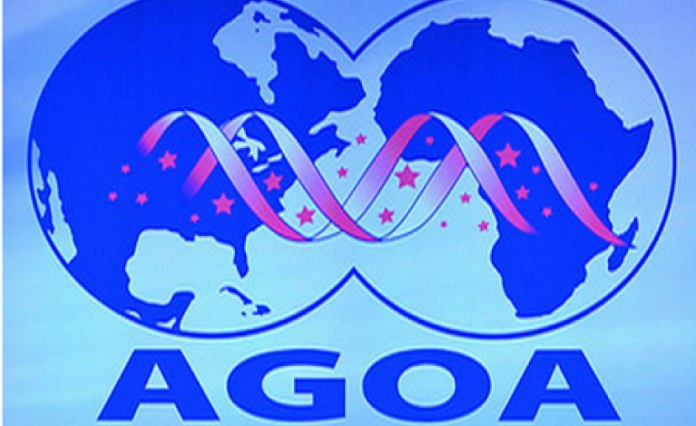Mbabane — The southern African nation of Eswatini has secured continued eligibility for benefits under the U.S African Growth and Opportunity Act (AGOA) for the 39 companies currently trading under AGOA, including some of Eswatini’s biggest brands. U.S. Trade Representative spokesman Sam Michel confirmed Eswatini’s eligibility in late December. Eswatini’s exclusion from the trade agreement in 2015 followed the country’s failure to meet benchmarks for democratization and respect for human rights and highlighted how the country’s political situation negatively impacted the country’s economy.
In a written statement issued on December 21, U.S. Trade Representative spokesman Sam Michel said the decision to continue Eswatini’s participation in the African Growth and Opportunity Act was based on an annual AGOA eligibility review, which concluded that the list of eligible and ineligible countries will remain unchanged for 2025.
Eswatini, an AGOA member for 23 years, exported some $23.5 million worth of goods in 2022. It is among more than 30 African nations, including Namibia, South Africa, and Mozambique, eligible for the U.S.-led trade initiative, aimed at boosting trade and economic ties between the United States and Africa through duty-free access.
Swazi businesswoman Sonia Paiva emphasized the importance of international trade agreements to grow businesses in Eswatini, citing the benefits of import duty removal and increased market access. She said that exclusion from such agreements could have detrimental economic implications for businesses and citizens.
“We cannot afford to be excluded from such agreements, as the country faces the highest unemployment rate to date which affects over 50 percent of our population, which are mainly youth. We hereby continue to motivate our government to effectively put policies into place that will protect export businesses. With policies in place, trade agreements should be easier monitored for its compliance and implementation,” she said.
Eswatini was temporarily suspended from AGOA in 2015 due to failure to meet benchmarks in democratization and human rights. The suspension resulted in thousands of job losses. However, the country was reinstated in 2017, reinvigorating its economic prospects and reinstating its eligibility for duty-free access to the US market.
Wandile Dludlu, the deputy president of the opposition People’s United Democratic Movement (PUDEMO), expressed disappointment at the renewal of AGOA benefits to Eswatini, stating that the country’s government continues to disregard the rule of law, arrest political activists and obstruct an international investigation into the assassination of human rights activist Thulani Maseko.
“We have MPs who are languishing in jail and have been convicted on the basis of the Suppression of Terrorism Act, for which not only was copied from the American version, but has been greatly supported by the same American government. And in our context, it is being used as a bush knife against pro-democracy forces and human rights activists. And we think it’s very much an inconsistency on the part of the government of the U.S. We have a very hostile political environment [here in Eswatini], wherein the same government that they are opening markets to have refused to allow the international community to conduct an independent investigation on the murder,” said Dludlu.
Sibusiso Nhlabatsi, a political analyst, criticized the renewal of AGOA benefits for Eswatini, also known as Swaziland. He argues that the American government’s decision disregards the Eswatini’s unfulfilled commitments, highlighted in the enduring political instability in Eswatini and the absence of a promised national dialogue to address the issues.

Sign up for free AllAfrica Newsletters
Get the latest in African news delivered straight to your inbox
Success!
Almost finished…
We need to confirm your email address.
To complete the process, please follow the instructions in the email we just sent you.
Error!
There was a problem processing your submission. Please try again later.
“The Americans are not as strict as they should when they apply these AGOA benchmarks on the Kingdom of Swaziland. But the political situation in Swaziland, regardless of the fact that they renew these AGOA benefits, which is of course beneficial to certain business people, the political climax in Swaziland, will never be the same post-2021. And it is also disingenuous on the part of the Americans because there are commitments that the King made during the unrest, the commitment for dialogue, and this was even budgeted for. But the dialogue has not taken place yet,” said Nhlabatsi.
Eswatini government spokesperson Alpheous Nxumalo has reaffirmed Eswatini’s commitment to comply with all AGOA requirements and maintain strong diplomatic ties with the U.S. government.













